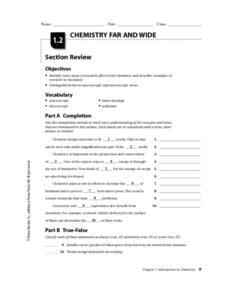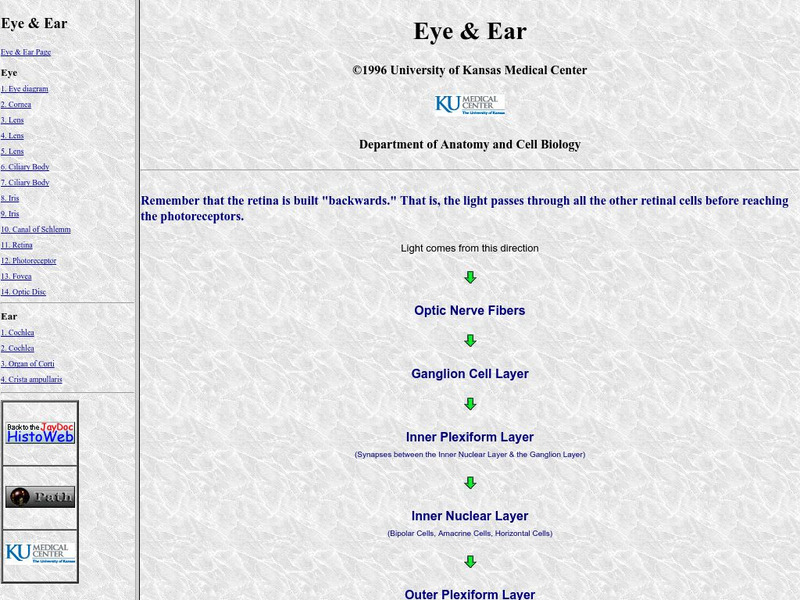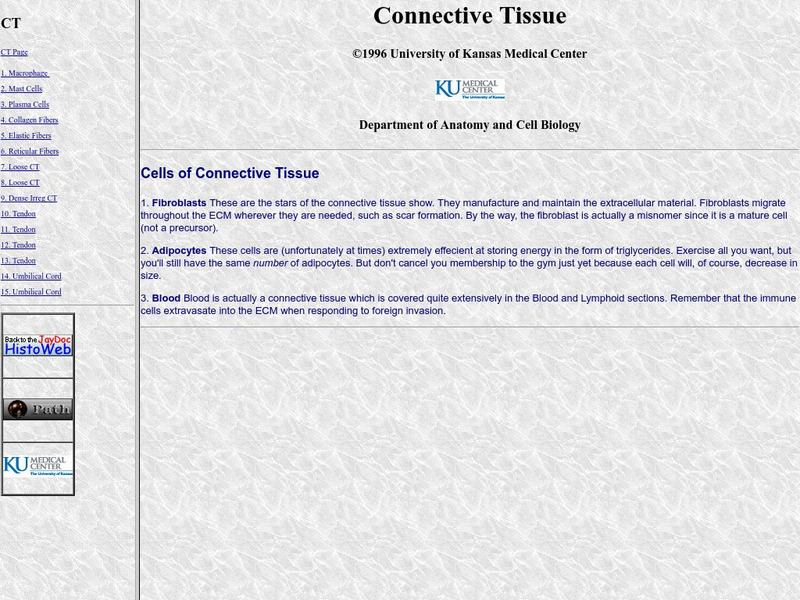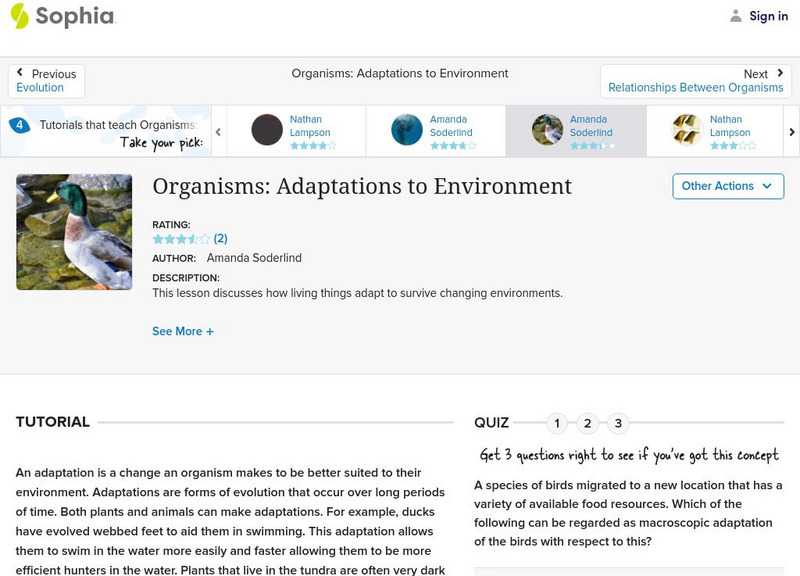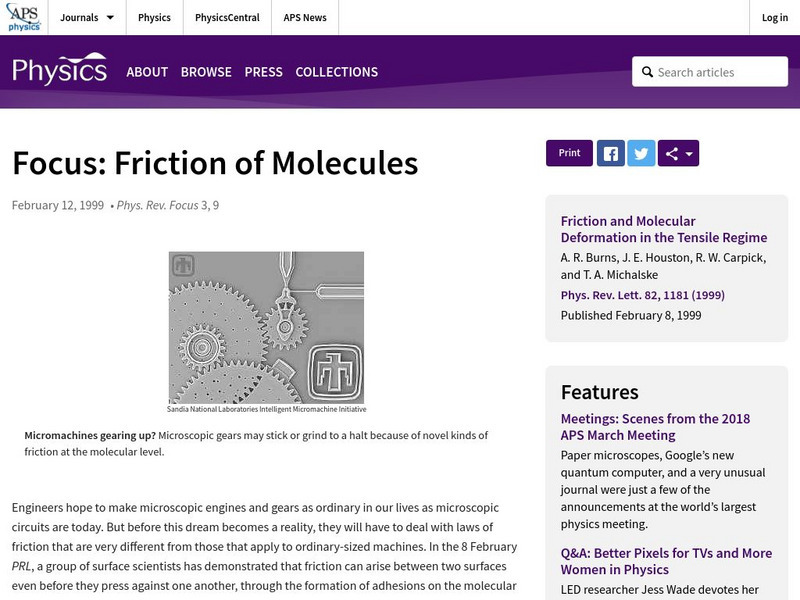Curated OER
Life in a Forest Stream
Students assess macro-invertebrates from a stream. In this science lesson plan, students observe, classify and identify organisms found in a stream. A lab station is constructed at the stream sight and students study the different...
Curated OER
Funky Fungus
Students discuss decomposition, bacteria, fungi and other microscopic organisms. They participate in an experiment to grow fungus on bread. As the fungus colonies grow, students observe them under a microscope to identify and locate...
Curated OER
Chemistry Far and Wide
In this chemistry learning exercise, high schoolers fill in 10 blanks with the appropriate term, they determine if 4 statements are true or false, they match 6 terms with their definitions and they answer 3 questions. Topics include...
Curated OER
How Small is Small?
Students view the video "The Invisible World" and discuss different types of microscopes and what can be seen with each type. They work in pairs to view several objects with a microscope.
Microscopy UK
Microscopy Uk: The Smallest Page on the Web
Dive into a single drop of pond water to discover the microscopic world of freshwater organisms. Learn about protists, bacteria, and other tiny inhabitants that can only be seen under a microscope.
University of Kansas Medical Center
University of Kansas Medical Center: Epithelia
Investigate microscopic specimens of various epithelial tissue and cells.
University of Kansas Medical Center
University of Kansas Medical Center: Glands
Examine the microscopic specimens of various types of glands.
University of Kansas Medical Center
University of Kansas Medical Center: Gastrointestinal System
Investigate the human gastrointestinal system with this extensive collection of microscopic specimens.
University of Kansas Medical Center
University of Kansas Medical Center: Muscular System
Study several microscopic specimens taken from the three different types of muscle tissues: skeletal, smooth, and cardiac.
University of Kansas Medical Center
University of Kansas Medical Center: Eye & Ear
Understand the structure and function of the eye and ear cells by examining these microscopic tissue samples.
University of Kansas Medical Center
University of Kansas Medical Center: Connective Tissue
Examine these specimens of connective tissue from the human body.
University of Kansas Medical Center
University of Kansas Medical Center: Vascular System
Learn about the three basic layers of the vascular system by examining cell and tissue specimens from those layers.
University of Kansas Medical Center
University of Kansas Medical Center: Male Reproductive System
See a series of microscopic specimens of several tissues from the male reproductive system.
CK-12 Foundation
Ck 12: Chemistry: Defining Chemistry
[Free Registration/Login may be required to access all resource tools.] Describes a definition of chemistry and a consideration of both macroscopic and microscopic phenomena.
Soft Schools
Soft Schools: Microscopic World Quiz
Take this interactive, multiple-choice quiz over microorganisms, then review your score and any missed questions at the end.
Soft Schools
Soft Schools: Protists Quiz Ii
Take this interactive, multiple-choice quiz over protists, then review your score and any missed questions at the end.
American Museum of Natural History
American Museum of Natural History: O Logy: The Tree of Life: True Bacteria
Visit the tree of life and discover characteristics, habitats, and examples of the world's true bacteria.
Sophia Learning
Sophia: Organisms: Adaptations to Environment: Lesson 4
This lesson discusses how living things adapt to survive changing environments. It is 4 of 4 in the series titled "Organisms: Adaptations to Environment."
Cells Alive
Cells Alive!: Enhancing the Microscope Image
See how an enhancement of a microscopic image can change and improve its appearance.
Other
Focus Physical Review: Friction of Molecules
This is an article published by the American Physical Society on friction in microscopic gears that results from the adhesion of molecules. A great exploration of this new obstacle in science.




